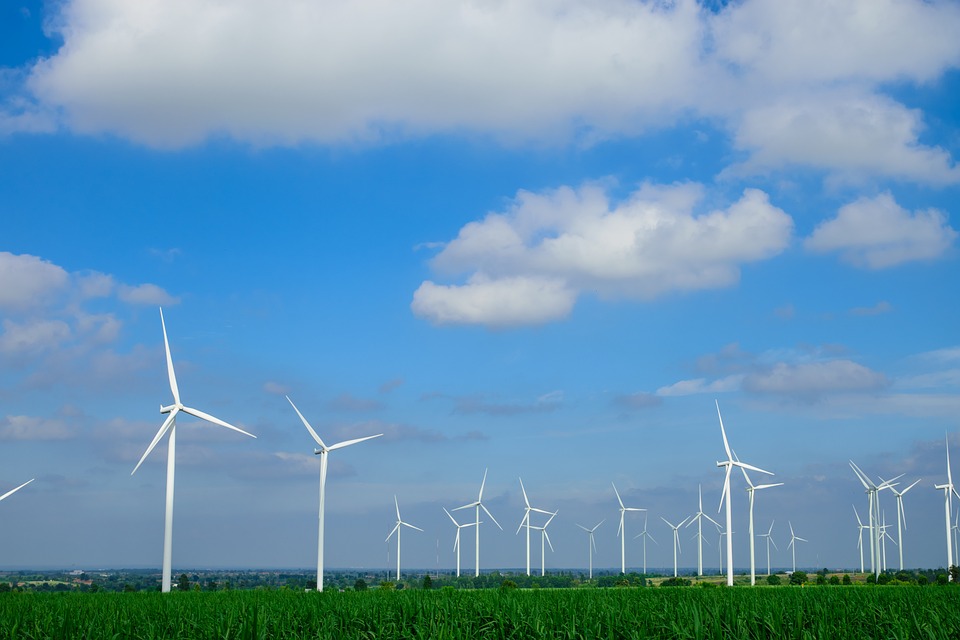Introduction
Global warming is a topic that has received significant attention in recent years. It refers to the long-term increase in Earth’s average surface temperature due to human activities, primarily the emission of greenhouse gases. As the planet warms, it leads to various changes in weather patterns, including an increase in the frequency and intensity of certain extreme weather events. One such event is tornadoes.
The Link Between Global Warming and Tornadoes
Tornadoes are violent, rotating columns of air that extend from a thunderstorm to the ground. These destructive forces of nature are known for their ability to cause severe damage to buildings, infrastructure, and even loss of life. While tornadoes have always been a part of Earth’s climate system, the question arises whether global warming has any impact on their occurrence and intensity.
Scientific Research
Scientists have been studying the relationship between global warming and tornadoes, but it is a complex and ongoing area of research. According to the National Oceanic and Atmospheric Administration (NOAA), there is currently no consensus on whether global warming has led to an increase in tornado activity.
Factors Influencing Tornadoes
Tornado formation depends on various atmospheric conditions coming together at the right time and place. While global warming may contribute to some of these factors, it is difficult to isolate its specific influence. Tornadoes are more closely associated with severe thunderstorms and the presence of specific weather phenomena, such as wind shear and instability in the atmosphere.
Indirect Effects
Although the direct link between global warming and tornadoes remains uncertain, it is important to acknowledge the indirect effects of climate change on the factors that contribute to tornado formation. For instance, global warming can influence the availability of moisture in the atmosphere, which is a crucial component for the development of thunderstorms and tornadoes.
Conclusion
While tornadoes are undoubtedly devastating natural disasters, the connection between global warming and their occurrence is not yet fully understood. The scientific community continues to explore this complex relationship. However, it is crucial to address the overall impact of global warming on our climate system and take actions to mitigate its effects. By reducing greenhouse gas emissions and adopting sustainable practices, we can work towards a more resilient and safer future, regardless of the specific link between global warming and tornadoes.

Kyle Whyte is a notable scholar and professor at the University of Michigan, holding positions such as the George Willis Pack Professor in the School for Environment and Sustainability and Professor of Philosophy. Specializing in environmental justice, his work critically examines climate policy and Indigenous peoples’ ethics, emphasizing the nexus between cooperative scientific endeavors and Indigenous justice. As an enrolled Citizen Potawatomi Nation member, he brings a vital perspective to his roles as a U.S. Science Envoy and member of the White House Environmental Justice Advisory Council. His influential research is supported by various prestigious organizations including the National Science Foundation, and disseminated through publications in high-impact journals. Kyle actively contributes to global Indigenous research methodologies and education, with affiliations to numerous institutes and societies dedicated to traditional knowledge and sustainability. Recognized for his academic and community engagement, Kyle has earned multiple awards and served in various visiting professorships. His efforts extend to leadership positions on boards and committees focused on environmental justice nationwide.
